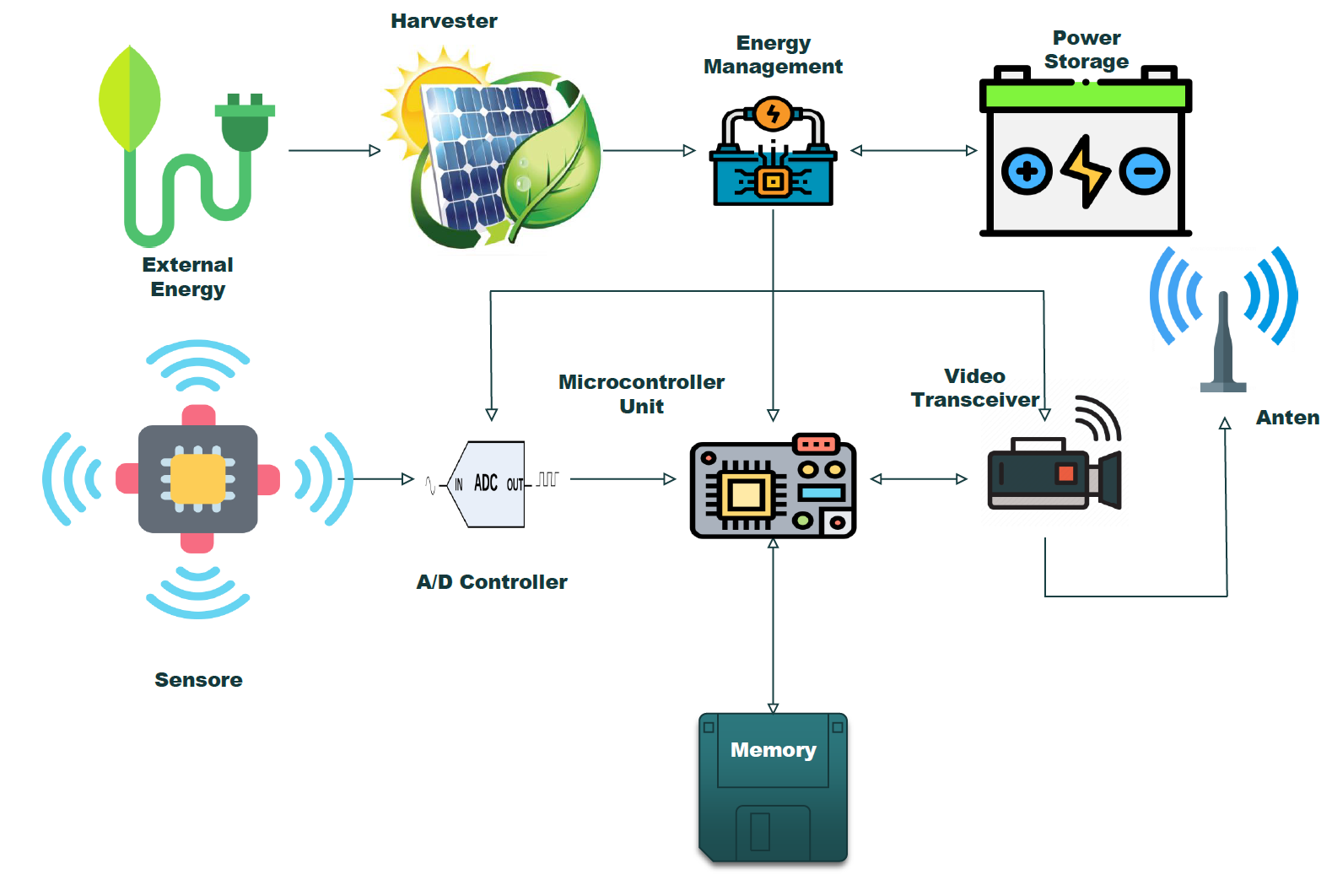International Conference on Smart Cities, Internet of Things and Applications
14 – 15 May 2024 | Mashhad, Iran
[PDF][Slides]
Alireza Shamloo (Comprehensive University Of The Islamic Revolution, Tehran, Iran), Razieh Mohammadi (Shahid Rajaee Teacher Training University, Tehran, Iran), Zahra Shirmohammadi (Shahid Rajaee Teacher Training University, Tehran, Iran), Samira Afzal (Alpen-Adria-Universität Klagenfurt), and Christian Timmerer (Alpen-Adria-Universität Klagenfurt)
Abstract
Wireless Sensor Networks face a significant challenge in achieving balanced energy consumption during data transmission and harvesting. One area where this challenge is particularly acute is in high-demand video data transmissions that are energy-intensive. To address this problem, a duty cycle (sleep-and-active-based) method called Energy efficient Deep q-learning-based Video Streaming (EDVS) is proposed. EDVS uses deep Q learning to determine the sleep and wake of nodes and determine the amount of the node’s
frame. EDVS preprocesses video data, detects correlated frames, and sends only keyframes, thus reducing energy consumption. Initial simulation results show our approach significantly outperforms state-of-the-art mechanisms by lowering energy consumption up to 44 %.

Keywords: Video Streaming, Wireless Sensor Network, Energy Efficiency, Deep
Q-learning, Energy Harvesting.







